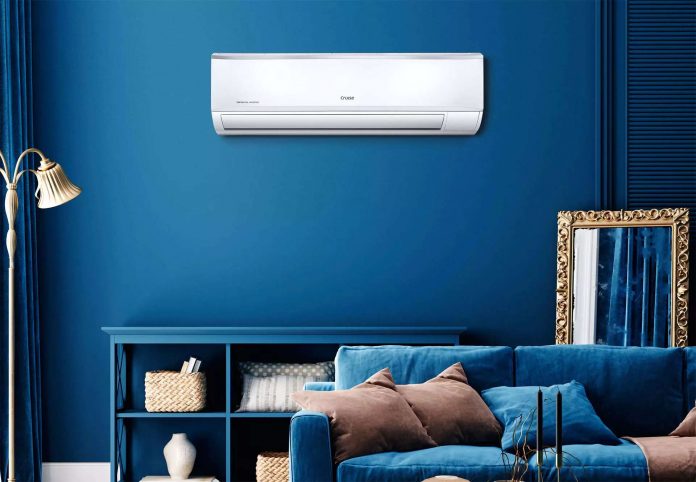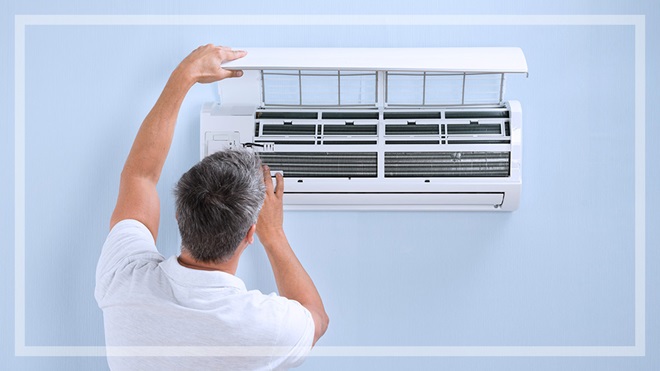Air conditioning has become an essential part of our lives, especially during the hot summer months. It provides a comfortable indoor environment and helps maintain the quality of indoor air. However, air conditioning comes at a cost, not just in terms of money but also in terms of energy consumption. In this article, we will discuss the economics of air conditioning, focusing on its cost and energy savings.
The Cost of Air Conditioning
The cost of air conditioning varies depending on several factors, such as the type of unit, the size of the room or building, and the level of usage. Generally, there are three types of air conditioning units: window units, split systems, and central air conditioning systems.
Window units are the cheapest option and are suitable for small rooms. They cost between $100 to $500, depending on the brand and features. Split systems are more expensive and can be used for larger rooms or multiple rooms. They cost between $500 to $2,000. Central air conditioning systems are the most expensive option and are suitable for large buildings or homes. They can cost between $3,000 to $7,000, including installation costs.
Apart from the initial purchase and installation costs, air conditioning also comes with maintenance and repair costs. Routine maintenance, such as cleaning the air filters and coils, can cost between $100 to $300 per year. Repair costs can vary depending on the issue but can range from $100 to $1,000.
Energy Savings
Air conditioning consumes a significant amount of energy, which can increase your monthly electricity bills. However, there are ways to reduce energy consumption and save money. One way is to choose an energy-efficient air conditioning unit.
The Energy Star label is a certification given to energy-efficient products by the U.S. Environmental Protection Agency. Air conditioning units with the Energy Star label are up to 30% more efficient than non-certified units, which means they consume less energy and save you money in the long run.
Apart from choosing an energy-efficient unit, there are several other ways to save energy when using air conditioning. One way is to set the thermostat to the right temperature. The ideal temperature for air conditioning is between 72°F to 78°F. Every degree below 78°F can increase energy consumption by 3% to 5%.
Another way to save energy is to use a programmable thermostat. A programmable thermostat allows you to set different temperatures for different times of the day, which means you can reduce energy consumption when you’re not at home or when you’re sleeping.
Additionally, you can reduce energy consumption by ensuring that your home or building is well-insulated. Insulation helps to keep the cool air inside and the hot air outside, which means your air conditioning unit doesn’t have to work as hard to maintain a comfortable indoor temperature.
Conclusion
Air conditioning provides a comfortable indoor environment, but it comes at a cost. The cost of air conditioning includes the initial purchase and installation costs, as well as maintenance and repair costs. Energy consumption is another cost associated with air conditioning, but there are ways to reduce energy consumption and save money, such as choosing an energy-efficient unit, setting the thermostat to the right temperature, using a programmable thermostat, and ensuring that your home or building is well-insulated.
When considering the economics of air conditioning, it is important to weigh the costs and benefits. While air conditioning can be expensive, the benefits it provides in terms of comfort and indoor air quality cannot be ignored. By following the tips mentioned in this article, you can reduce your energy consumption and save money without compromising on comfort.





[…] living, providing us with cool air on hot days and warm air on cold ones. However, the benefits of air conditioning come with potential drawbacks to our health if we are not careful. In this article, we will discuss […]
[…] centralised air-conditioning system works in the same way as a split system, but it uses a centralized duct. This means that the […]